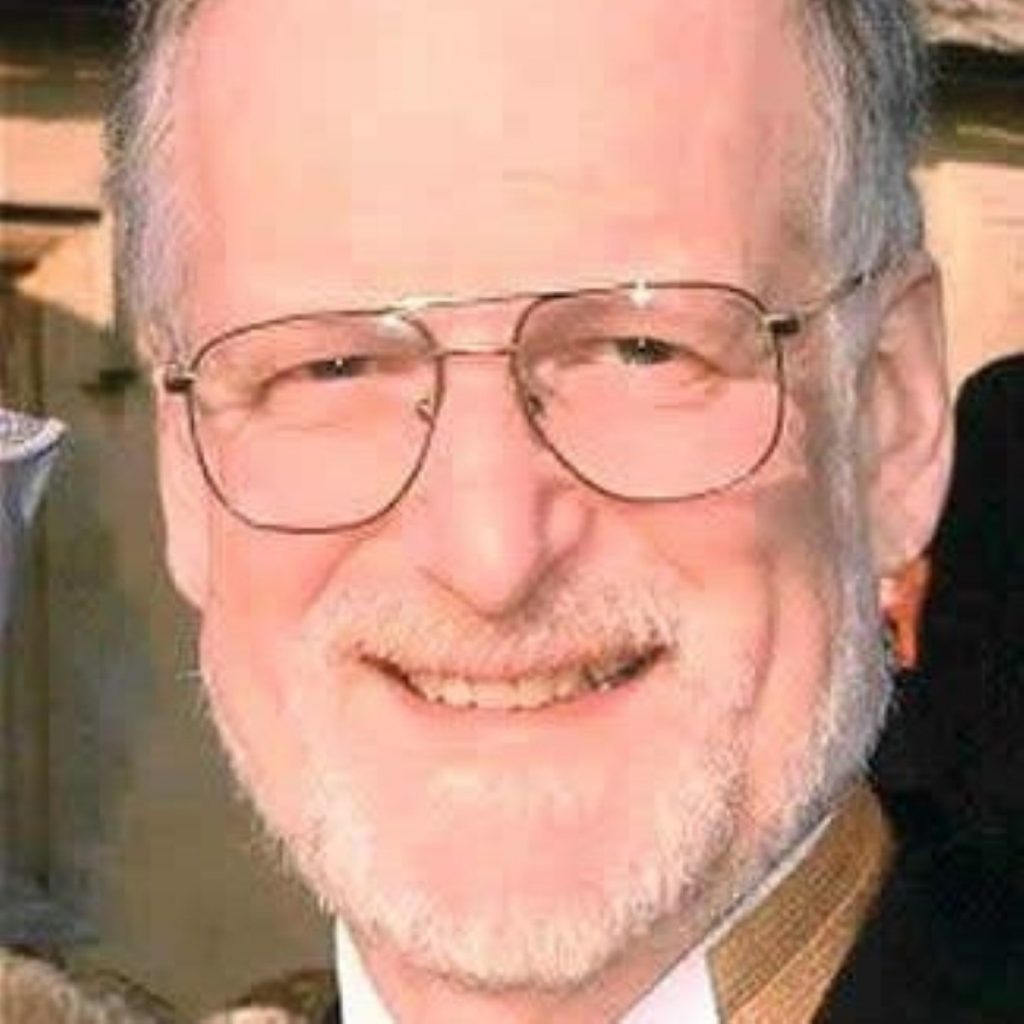Coroner rules against reopening Kelly inquest
The inquest into the death of government weapons expert Dr David Kelly will not reconvene, Oxfordshire coroner Nicholas Gardiner announced today.
At a special 15-minute hearing, Mr Gardiner said he had received “substantial correspondence” from interested parties regarding Dr Kelly’s death and had concluded that there were “no exceptional reasons” for the inquest to be resumed.
He added that an inquest would have done little to halt the controversy surrounding Dr Kelly’s death and asked that Mrs Kelly and her family now be allowed “to grieve in peace”.
Mr Gardiner said he had taken into account the Coroner’s Act, the extent of Lord Hutton’s public inquiry and any other considerations under human rights legislation.


The decision follows representation from Jeremy Gompertz QC, the Kelly family’s lawyer, who stated that the family believed there was no evidence for a probe.
Mr Gompertz added that Dr Kelly’s family had been “disappointed” that Lord Hutton had not more closely examined how his treatment by the Ministry of Defence had affected him.
The inquest into Dr Kelly’s death was adjourned last year while Lord Hutton held his inquiry.
Dr Kelly apparently committed suicide after he was named as the Ministry of Defence ‘mole’ used as the basis for a BBC report. In the report, defence correspondent Andrew Gilligan alleged that the government had “sexed up” a dossier on Iraqi weapons in order to further the case for war.
Lord Hutton concluded Dr Kelly, 59, had killed himself by cutting his left wrist after taking co-proxamol painkillers and there was no evidence of any third party involvement.
However, some medical specialists have challenged the findings, claiming that it was “highly improbable” Dr Kelly bled to death from a self-inflicted wound to his wrist.












